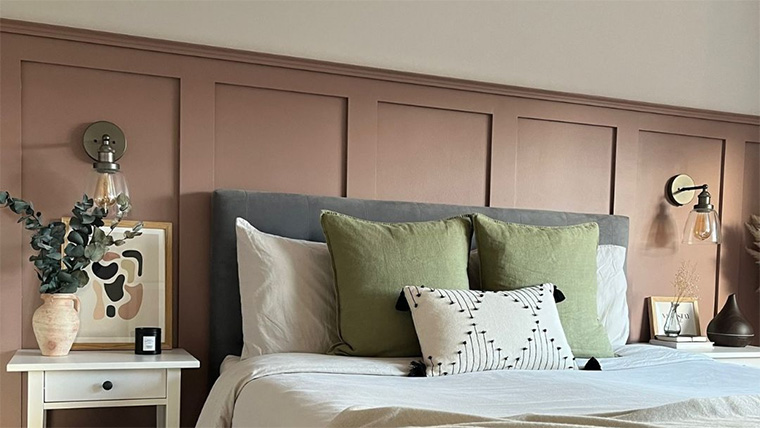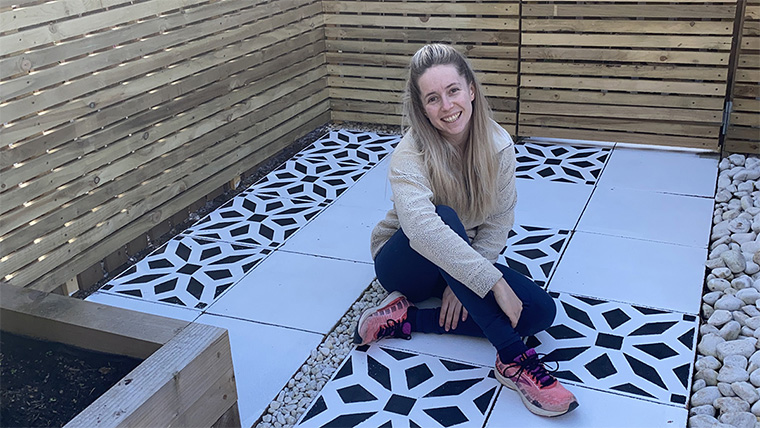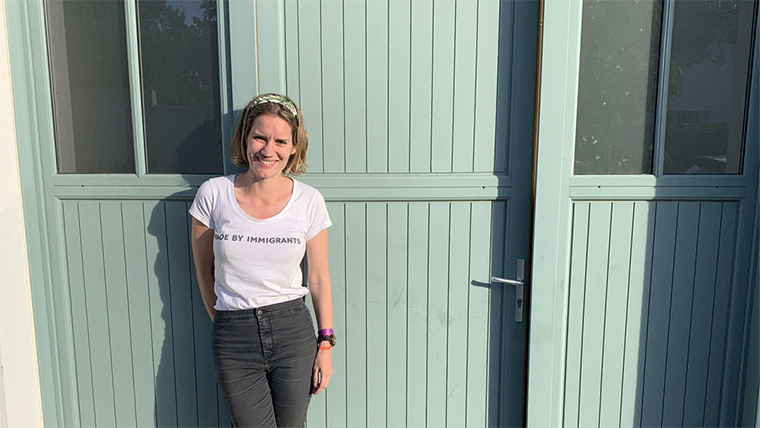
Guide to Borrowing Money - Which Option Is Right For You?

Smart Strategies for Investing in Your Pension: A Guide for UK Investors

Your pensions options after a career break

How to improve your businesses cyber security

How to boost your savings by £100s

Four easy and healthy meals to add to your weeknight rotation

Five under £100 hacks that will make your home look more expensive

Five ways to supercharge your business

Five fun and cheap lunchboxes your kids won't get bored of

Where to spend and where to save in your beauty routine

How to give your garden patio a mega makeover for less than £80

How to talk to your partner about money in tough times
 Money worries
Money worries
How to give your money a makeover in 2025 - a month by month plan
 Mastering money
Mastering money
Eight common money myths - busted
 Business
Business
Nine marketing tips that will help get your business noticed
 Business
Business
The essential guide to mastering your cashflow management
 Money worries
Money worries
It's time to give your money a financial health check - here's how
 Travel
Travel
Hoping for a holiday? Top tips on how best to save for your travels
 Travel
Travel
Save hundreds on your next holiday with my top travel hacks
 Business
Business
Boost your business's social media presence in ten simple steps
 Mastering money
Mastering money
How to save on your utility bills this winter
 Dream home
Dream home
How to add value to your home
 Dream home
Dream home
I paid off my mortgage in my 30s
 Dream home
Dream home
5 ways to make sure your home is a happy one
 Dream home
Dream home
Eight things I wish I'd known before buying my first home
 Travel
Travel